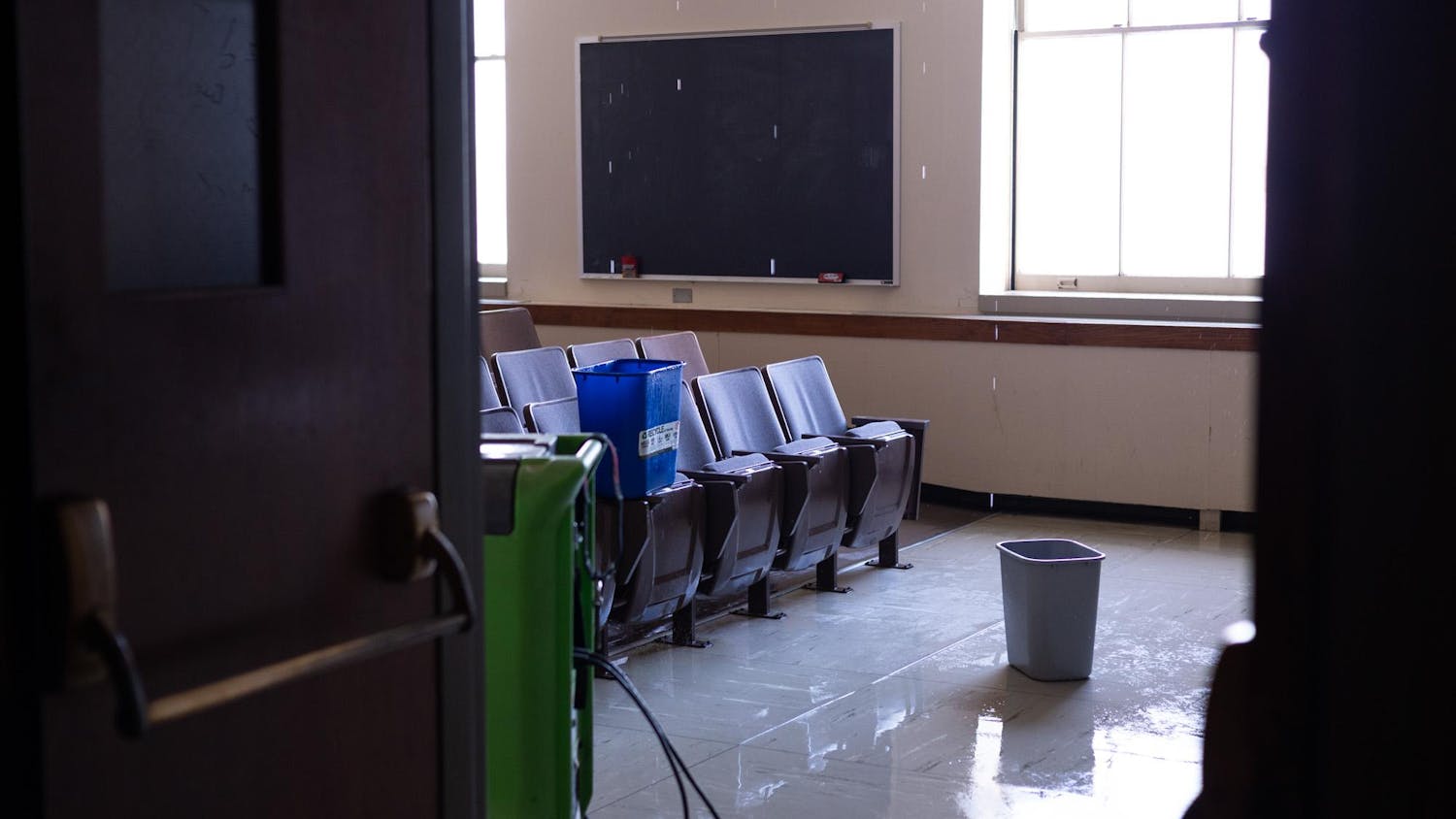A sweeping federal bill — dubbed the “One Big Beautiful Bill” by President Donald Trump — could cost Cornell many millions of dollars annually in new taxes and slash financial aid for students by eliminating subsidized federal loans and reducing access to Pell Grants. The bill was narrowly passed by House Republicans in late May and is now making its way through Congress.
The bill proposes a dramatic expansion of the federal tax on university endowments, or donations given to the university. Under current law, only institutions with at least 500 students and more than $500,000 in endowment per student are taxed at a rate of 1.4 percent.
If passed, the bill will raise these rates in a tiered system and exclude international students from the per-student count, which will likely push Cornell into a taxed category for the first time, costing the University millions of dollars annually.
Millions of dollars in lost investment income could strain the University’s ability to fund research and support services for students and faculty, especially in light of the $1 billion funding freeze announced by the Trump administration in April.
According to the University, Cornell’s endowment serves to “support mission-critical priorities including financial aid and other student support, research, academic programs, faculty salaries and stipends, and facilities.”
Cornell’s endowment, currently valued at approximately $10.7 billion, has historically fallen below the $500,000 per student threshold due to its large student body with almost 27,000 students as of the Fall 2024 semester. Along with Columbia University, Cornell is one of the only Ivy League schools to have avoided the tax.
Cornell also enrolls significantly more students than all other Ivy League schools. This results in the University’s per-student endowment being smaller than many of its peers, according to the Cornell Chronicle.
The bill also proposes increasing the endowment tax in tiers based on per-student endowment valuations, with a maximum rate of 21 percent for institutions whose endowments exceed $2 million per student. However, the new proposal also seeks to exclude international students from the per-student count, effectively inflating the statistic.
Excluding Cornell’s nearly 7,000 international students as of the Fall 2024 semester from this calculation lifts the endowment per-student calculation up into the $500,000 to $750,000 tier in the new bill, which would subject the University’s investment income to a 1.4 percent tax according to a calculation by The Sun. Based on the University's investment returns in 2024, that would cost Cornell roughly $12 million each year.
In a statement to The Sun, a University spokesperson wrote that, “Colleges and universities across the nation oppose expanding the endowment tax, which would hurt efforts to provide financial aid for students. Cornell’s endowment enables it to advance the mission of improving lives through teaching, research, and public service.”
Another major change in the bill that could affect students is the proposed elimination of subsidized federal student loans. These loans, which don’t accrue interest while a student is in school, have long helped reduce the cost of borrowing.
If eliminated, students would be forced to rely on unsubsidized loans that begin accumulating interest immediately. This could increase student debt burdens by thousands of dollars over the course of a four-year degree.
The proposed legislation would also raise the minimum credit-hour requirement to qualify for Pell Grants, a critical aid source for lower-income students. Currently, students qualify for full Pell Grants if enrolled full-time, which is typically defined as 12 credit hours per semester.
The bill would raise that threshold to 15 credit hours, placing students who take lighter course loads, often due to work obligations, at risk of losing eligibility. It also lowers the maximum amount of the grant from $7,395 to $5,710.
When asked how Cornell plans to mitigate these effects, the University spokesperson did not provide a detailed response. However, they noted that “among the top U.S. private universities, Cornell educates the highest number of Pell Grant recipients and provides the most total institutional financial aid despite having an endowment that is smaller on a per-student basis than its peers.”
“For fiscal year 2025, Cornell has committed a record $459 million in institutional financial aid, which does not require repayment,” the University spokesperson said. This amount has more than tripled over the past two decades.
Cornell’s current aid policies include loan-free packages for students from families with incomes below $75,000 and reduced loan expectations for middle-class families. The University claims to meet 100 percent of students’ demonstrated need.
The bill is currently facing consideration in the Senate, where it needs 51 votes to pass and Republican Congressional leaders hope to have the final budget completed before the July 4 holiday. Their efforts were dealt a blow on Thursday when the Senate parliamentarian ruled that several key provisions of the bill are not allowed under its reconciliation rules.
“To my friends in the Senate, lock yourself in a room if you must, don’t go home, and GET THE DEAL DONE THIS WEEK,” Trump posted Tuesday morning on his social media platform, Truth Social. “NO ONE GOES ON VACATION UNTIL IT’S DONE.”
Anant Srinivasan is a member of the Class of 2028 in the College of Arts and Sciences. He is a staff writer for the News department and can be reached at asrinivasan@cornellsun.com.











